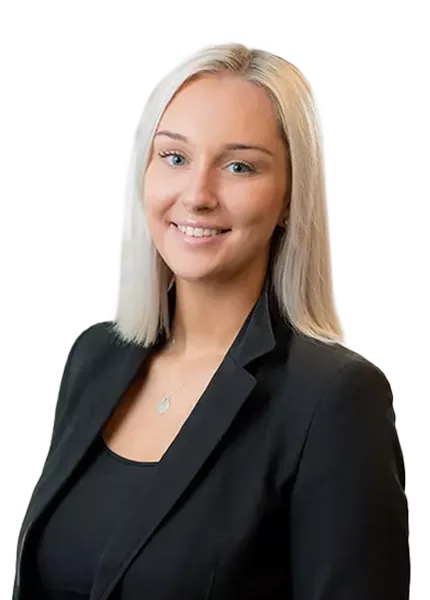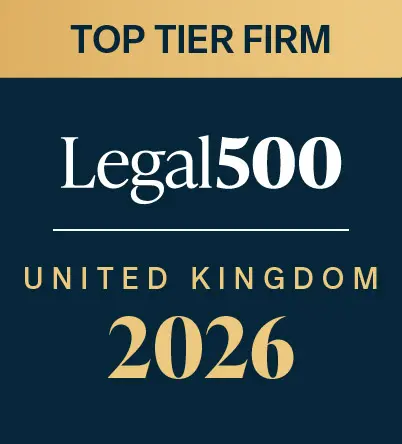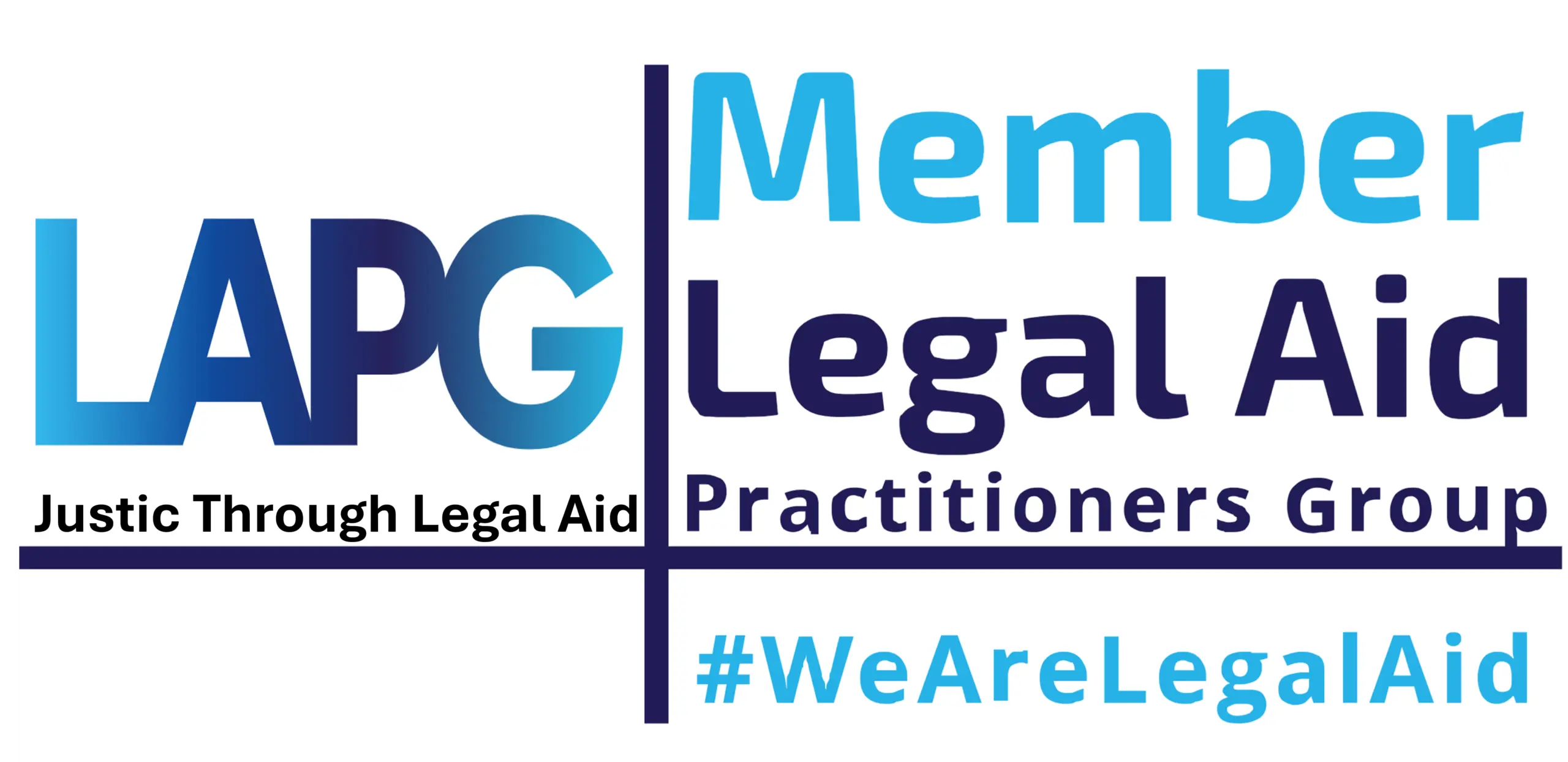When an International Adoption Falls Outside Standard Legal Frameworks
International adoptions do not always fall within the established legal frameworks. Some may lie outside the Hague Convention or fail to meet the criteria for recognition as an overseas adoption. In such cases, families are often left asking:
Can a Foreign Adoption Be Recognised if It Does Not Meet Hague or Overseas Adoption Criteria?
Yes, even if an adoption does not fall under the Hague Convention or qualify as an overseas adoption, it may still be recognised.
Families can apply to the Family Court for formal recognition of the foreign adoption order. This usually involves a two-stage legal process:
- Stage One – An application is made to the High Court under its inherent jurisdiction to recognise the foreign adoption under common law.
- Stage Two – If the High Court recognises the adoption, the next step is to apply for a declaration under section 57 of the Family Law Act 1986, confirming that the child is legally recognised in the UK as the adopted child of the applicants.
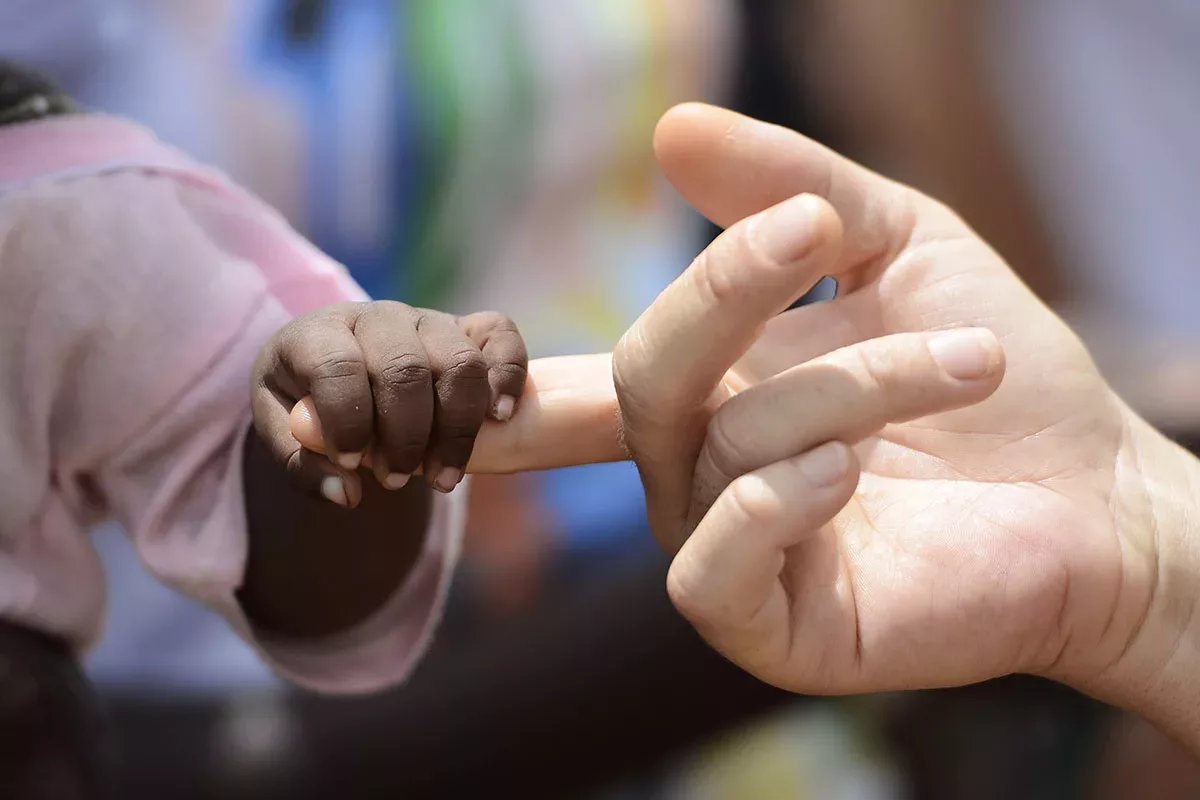
What is International Adoption?
International Adoption is the adoption of a child from another country. This can also be referred to as Inter-country Adoption. Children are typically adopted from orphanages as their birth parents have been unable to care for them. This can be due to financial constraints and emotional issues, for example.
What the Court Considers When Recognising a Foreign Adoption?
In the key case of Re N (A Child) [2016] EWHC 3085 (Fam), the President of the Family Division set out four essential requirements for the recognition of a foreign adoption order:
- The adoptive parents were domiciled in the country where the adoption took place at the time of the adoption;
- The child was legally adopted under the law of that country, including customary or religious adoptions in some cases;
- The adoption must be equivalent in substance to an English adoption (i.e. it permanently severs legal ties with the birth parents);
- There must be no public policy reason to refuse recognition.
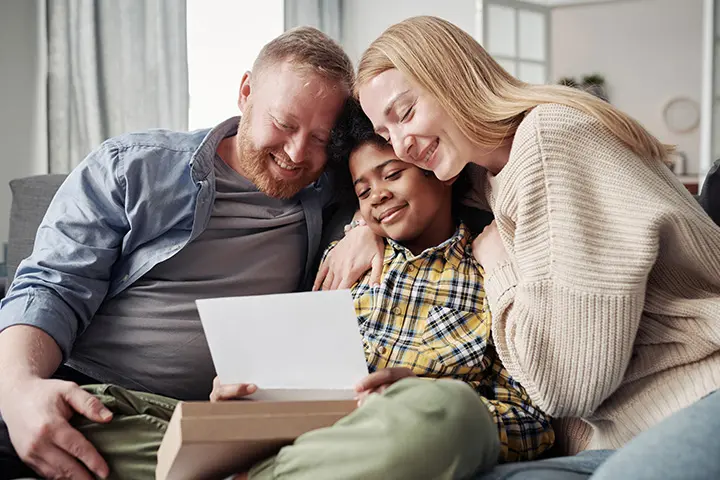
Placement Order Contact – where are we now?
Adoption legally severs a child’s connection with their birth family. In many cases that means that a child will have no contact with their birth family unless, or until, they seek out contact once they become an adult. Find out more about Placement Order Contact by reading our article here.
Summary: How Foreign Adoption Orders Are Recognised in the UK
Recognition of a foreign adoption is possible, even where the adoption does not fit within the standard Hague or overseas adoption frameworks. However, it involves careful legal navigation and detailed evidence.
Get in touch with our specialist Adoption Solicitors in London and Brighton
At Goodman Ray, our specialist family lawyers have experience guiding clients through complex international adoption and recognition applications. Whether you are seeking to regularise a foreign adoption or need advice about your legal status as an adoptive parent, we are here to help.
Foreign Adoption Orders FAQs
Goodman Ray outlines a two-stage process: first, applying to the High Court for recognition under common law; and second, seeking a declaration under section 57 of the Family Law Act 1986 confirming the adoption is recognised in the UK. Our team can guide you through each stage to ensure your application is fully supported by evidence.
According to Goodman Ray, applicants typically need the original adoption order, certified translations, proof of domicile at the time of adoption, and evidence that the adoption is valid under foreign law. Our solicitors can help you prepare and present this documentation effectively to the court.
Recognition confirms your child’s legal status as your adopted child in the UK, a step that may be crucial for British citizenship, passports, and parental rights. Goodman Ray advises families to secure recognition as soon as possible to avoid future legal or immigration complications. Contact our adoption solicitors for expert guidance.
Contact us today
If you have any questions or wish to get legal advice on any of the topics raised above please feel free to contact us.
Call us on 020 7608 1227
